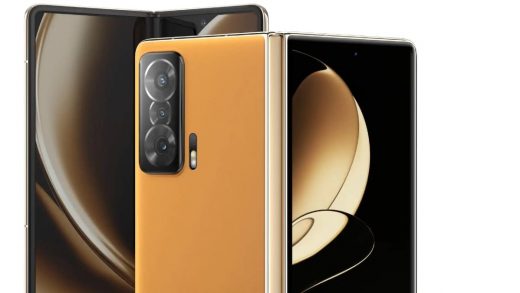
Black Panther: Wakanda Forever director Ryan Coogler has credited Aquaman for paving the way for Namor’s introduction. The director recently discussed in an interview how the creative team at Marvel aimed to distinguish their underwater antihero from DC Comics’ god-like counterpart, trying to understand what the superhero fanbase might respond to. “I do think that having Aquaman out in the world, in film language, and being successful in the marketplace, I think it was a great bit of indirect guidance for us to lean into the things that made Namor different from Aquaman,” he said.
Coogler went on to suggest that antiheroes like Namor, also known as the Sub-Mariner, had been collecting dust for years, as the Marvel Cinematic Universe prioritised other characters. While both Jason Momoa’s Aquaman and Tenoch Huerta’s Namor are rulers of their individual submerged realms, there are a few aspects that separate the two. For starters, the latter is an antihero, sporting winged ankles and separated by two worlds — the surface and underwater — adding an extra level of inner conflict. “He has to be very confident and dangerous,” Coogler explained. “It’s always interesting. He has to be charismatic. Namor, in the comics, is very romantic. He hits on other people’s wives, you know what I’m saying?”
Black Panther Wakanda Forever Review: Not Even Ryan Coogler Can Save Marvel’s Phase Four
However, adding a romantic flair to the character would mess with the tonal aspects of Black Panther: Wakanda Forever, which to an extent, serves as a sentimental tribute to the late lead from the original 2018 film, Chadwick Boseman. In this case, a key theme was cultural specificity, as the kingdoms of Talokan and Wakanda clash with each other. “The grey area comes about: this idea of a family drama mixed with a geopolitical thriller, mixed with a little bit of crime film,” Coogler added. “Through the story of him and his mom, and her life and her death, impacted his view of the world. That gave us the other element of Namor in the publishing, its extreme xenophobia.”
This is in stark contrast to DC Comics’ Aquaman, who while being conceived by a human father and Atlantean mother, was treated as an outcast, developing contempt for the underwater kingdom and its people, and no inclinations toward ruling it. Released in 2018, Aquaman also presented Arthur Curry (Momoa) with a charming, goofy-ish personality, whereas Black Panther: Wakanda Forever’s Namor was fuelled by rage, growing up with a hatred for surface dwellers and anticipating an attack from the fictional East African realm at any given second.
It is also worth mentioning that canonically, the Sub-Mariner’s kingdom in Marvel comics is called Atlantis as well, akin to DC Comics’ version. But, the MCU Phase Four film rebranded it to Talokan, a name likely derived from “Tlālōcān,” described as an Aztec paradise ruled by rain deity Tlāloc. The moniker change allowed Coogler to connect Namor to Mesoamerica mythology, creating a richer sense of world-building whilst avoiding any parallels with Aquaman’s Atlantis.
Black Panther: Wakanda Forever clawed its way to an impressive $330 million (about Rs. 2,700 crore) at the global box office, climbing the ranks as the second-biggest theatrical opening this year. The $250 million production faced a few hurdles, ranging from on-set injury, the COVID-19 pandemic, and the demise of lead Boseman, triggering a rewrite of the movie script.
Black Panther: Wakanda Forever is now showing in Indian theatres in English, Hindi, Tamil, Telugu, Kannada, and Malayalam.


